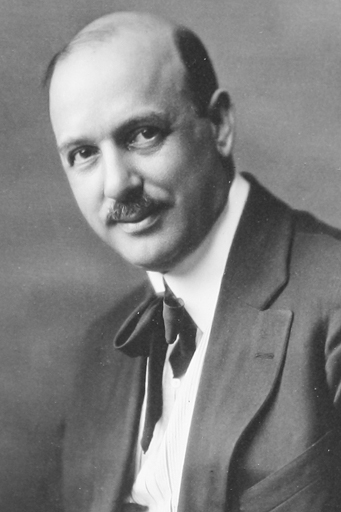Dr. William A. Wolf (1873-1965) was the founder and director of the Wolf Institute of Music in Lancaster, Pennsylvania. He devoted his entire life to the study and teaching of music in its most advanced forms.
Dr. Wolf established his first Studio of Music at 214 N. Mulberry Street in Lancaster, Pennsylvania, on February 3, 1899. In 1913, he moved his studio to 423 North Mulberry Street in Lancaster.

Dr. Wolf was only twenty-three years old when he opened his Lancaster studio, but he already had impressive credentials. He studied music from an early age. As a young man, he travelled to Boston to take a course of instruction at the New England Conservatory of Music under the Italian pianist, Ferruccio Bosoni. He did post graduate studies under Milton Pyne who was the organist at Saint Mark’s Episcopal Church in Philadelphia. Later, he went to Europe, where he studied under Dr. Hugo Reimann and Dr. Karl Piutti in Leipzig. Returning to New York, he became a student of the Hungarian composer, Rafael Joseffy. After opening his studio in Lancaster, he continued to study music and became an expert in classical and liturgical music. In 1920, he founded the Pennsylvania Council of the National Association of Organists and served as its president for many years. Dr. Wolf composed many music works for pianoforte, organ, and voice. His civic involvement included serving as president of the Union Fire Company and the Lancaster Automobile Club. Four universities in the United States honored him with academic degrees. He served at one time as the music editor of The Lancaster New Era.
Dr. Wolf also composed a number of works. His compositions include anthems, canticles, hymn tunes, carols, chorales, and work for the pianoforte, organ and voice.
Dr. Wolf did not believe in holding formal graduation exercises. He held to the belief that pupils finish their studies only when competent, and that their ability to learn is not measured by a standard of weeks, months, or even years. As the pupils of the Institute became proficient on their chosen instrument, they were given credit for their work by degrees until they were in a position to receive the Teachers’ Certificate, the most coveted of the Institute’s awards.